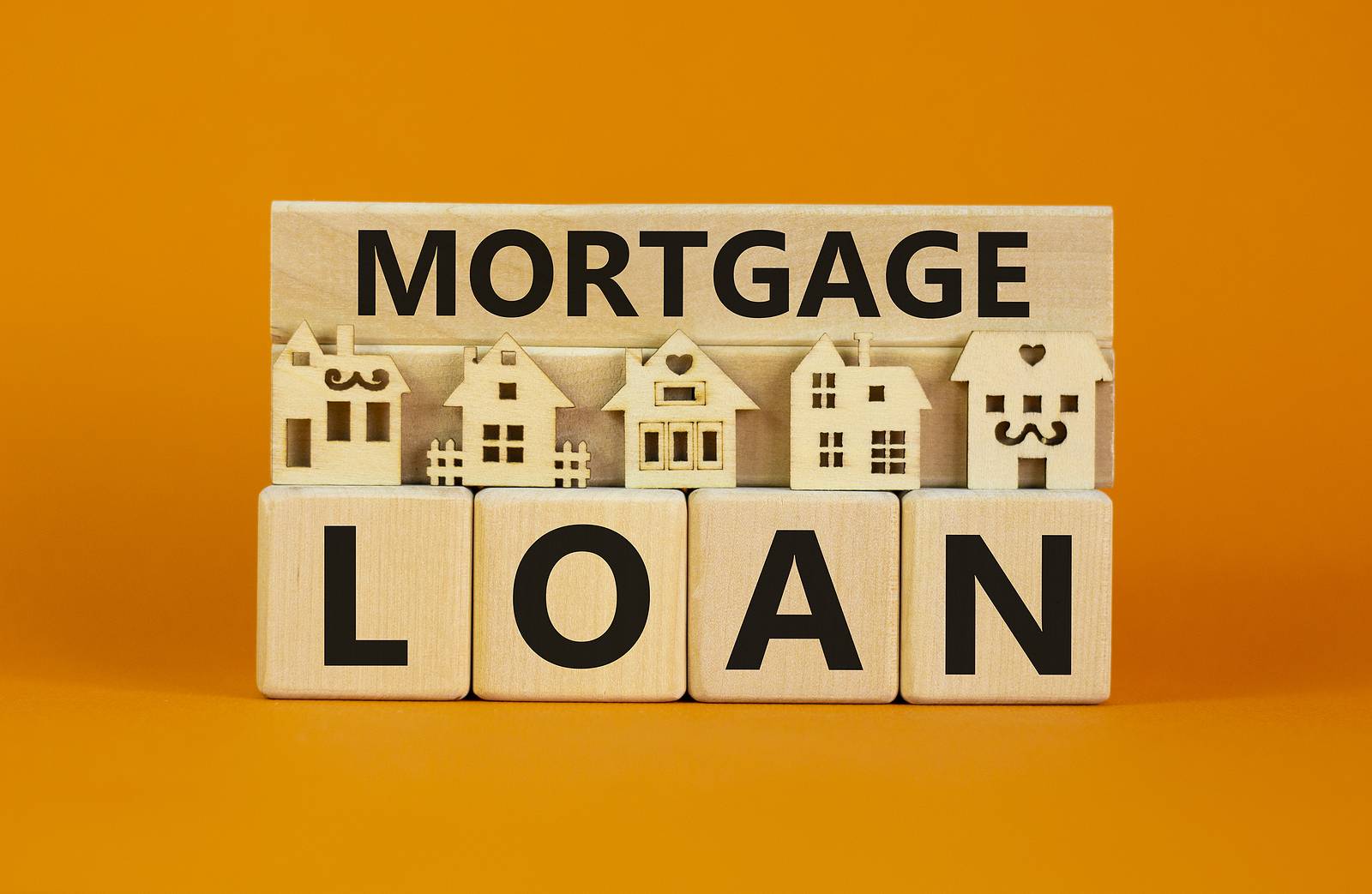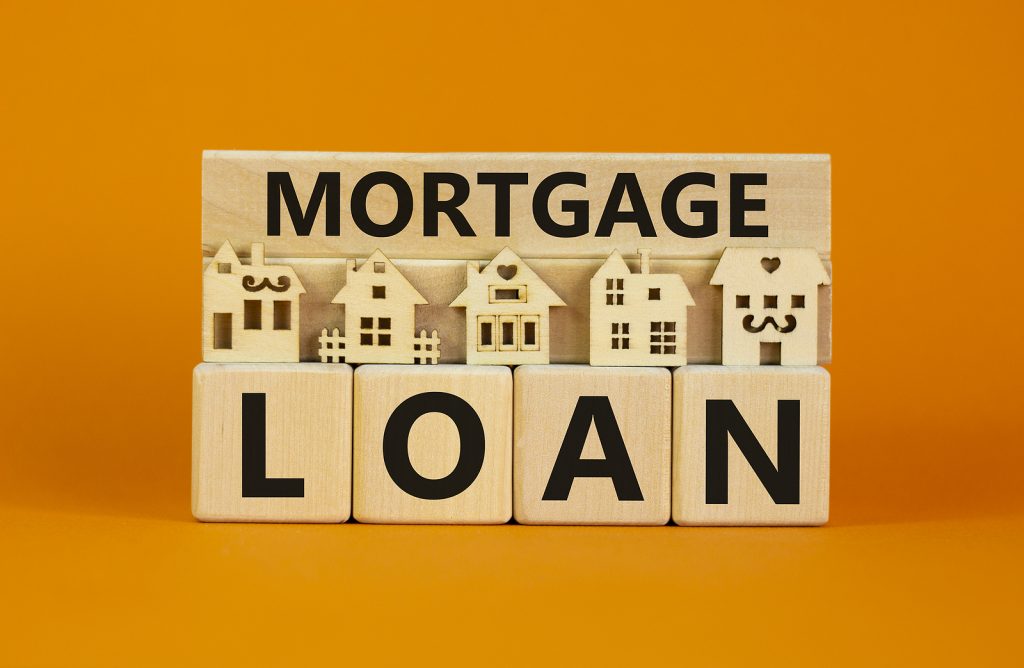
If you’re a real estate investor looking for an attractive bargain, you may have heard that buying a distressed property can help accomplish your goal. Generally, a distressed property refers to a home that’s about to face foreclosure mainly because the owner’s mortgage has remained delinquent for a specific period of time. And best of all, distressed properties are typically sold below market value.
If you’re focusing on New Jersey, you’ve most likely seen advertisements like “I want to sell my house inNJ quickly”. Why? According to the latest report by the FHFA on the sale of NPLs (non-performing loans), about half of the NPLs sold by Fannie Mae & Freddie Mac as of December 31, 2020, came from New Jersey, Florida, and New York.
Wondering what could be the reasons lots of homeowners remain delinquent for a significant period of time? Here, we’ve jotted down the most common ones to help you develop a better understanding of mortgage delinquency.

Involuntary unemployment
Both involuntary unemployment and job loss are the two most common factors that often lead to mortgage delinquency. In the entire country, New Jersey witnesses the seventh-highest unemployment rate. It’s important to understand that the risk of mortgage delinquency isn’t caused by mortgagors with a lower income. This is because these people typically take out a smaller mortgage along with a more conservative LTV ratio. Instead, those people, who struggle to find employment if they become unemployed, are at more risk of becoming delinquent.
Higher interest rates
Sometimes interest rates are raised by the Federal Reserve System (the central bank in the U.S.) for various reasons. However, two of the key effects of higher interest rates are the increased cost of borrowing and increased interest payments on adjustable-rate mortgages (also known as variable-rate mortgages). Adjustable-rate mortgages refer to the home loans where the interest rate changes depending on the financial index’s movements. Homeowners with large mortgages may experience a real hardship when interest rates rise. And higher mortgage rates may result in mortgage delinquencies.
Divorce or separation
Another common reason behind mortgage delinquency is divorce or separation. Sometimes a divorce becomes extremely expensive. From bearing legal fees associated with the process and undertaking half of the joint debts to becoming liable for some of the unpaid bills and undertaking expenses that have been managed by the partner previously – one may have to spend thousands of dollars. Additionally, child support and alimony can heavily impact the income of a spouse. In short, there’re lots of factors that might destabilize a person’s financial ability, which could lead to mortgage delinquency.
Apart from these, some homeowners need to make other kinds of repayments in addition to their mortgage payments. If their real income falls, they might become delinquent on mortgages.
If you want to find distressed properties in New Jersey, the easiest and most effective way is to contact a real estate company that says “we buy houses inNJ”. Being specialized professionals, they’ll be able to guide you thoroughly throughout the entire process. And they usually have more detailed information about a home’s actual condition and other risks that you should know before buying it.
Source: Bob Vieira, Universal Short Sales
https://universalshortsales.com/





